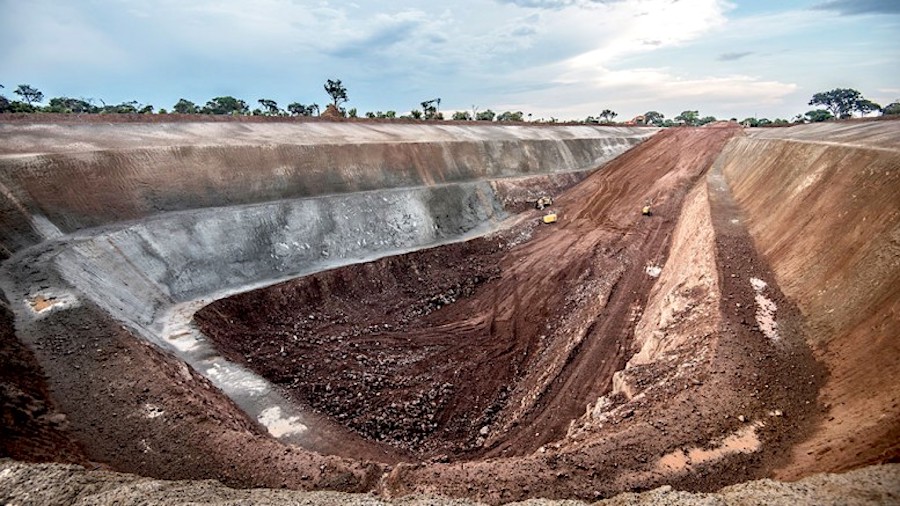IMF to provide credit to Congo as growth and reserves falter

The International Monetary Fund and Democratic Republic of Congo agreed in principle to a new credit injection as the government faces slowing growth and declining foreign reserves.
The IMF’s executive board is expected to consider the credit facility in mid-December, along with an IMF staff oversight program that would last through May, the Washington, D.C.-based lender said in an emailed statement on Friday. Congo’s central bank said last week that the IMF would provide about $370 million to the country.
Natural resource extraction provides about a third of government revenue and 95% of Congo’s export earnings, mostly from copper and cobalt
The financing and oversight program “would strengthen macroeconomic stability, reinforce international reserves, and advance key structural reforms to address deep-seated issues related to poor governance, a difficult business environment, and pervasive poverty,” the IMF said.
Despite vast mineral resources, Congo is one of the world’s poorest countries. Natural resource extraction provides about a third of government revenue and 95% of Congo’s export earnings, mostly from copper and cobalt, according to the IMF. A slowdown in mineral production means Congo’s economy will grow only about 3.2% in 2020, down from an expected 4.5% this year, the IMF said.
The tempered growth expectations have come at a bad time for new President Felix Tshisekedi, who has introduced a series of ambitious social programs including free primary school for more than 20 million children.
The government lacks revenue to pay for the programs, so the central bank has been advancing the money, the IMF said. This has “led to an erosion of its international reserves to critically low levels,” the IMF said.
According to Congo’s central bank, reserves were $854 million through the end of October, down from $938 million about a month earlier.
The IMF cut its last loan program with Congo in 2012 amid concerns about corruption in the mining industry.
(By Michael J. Kavanagh)
More News
Contract worker dies at Rio Tinto mine in Guinea
Last August, a contract worker died in an incident at the same mine.
February 15, 2026 | 09:20 am
{{ commodity.name }}
{{ post.title }}
{{ post.date }}




Comments